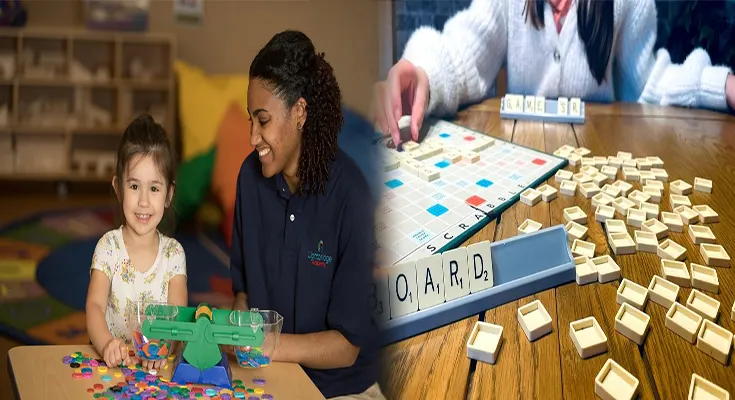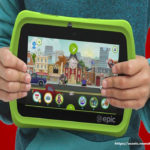Board games have long been a staple in family entertainment, but they also offer educational benefits for kids, particularly in the development of problem-solving skills. These games challenge children to think critically, make strategic decisions, and solve problems within the constraints of the game’s rules. As a result, kids can enhance their cognitive abilities and logical reasoning while having fun. Here are some of the best educational board games for kids to improve problem-solving skills:
1. Settlers of Catan
Description: Settlers of Catan is a popular strategy game that involves resource management, negotiation, and long-term planning. Players compete to build settlements and cities on an island while trading resources and fending off opponents.
How it Helps: Settlers of Catan enhances problem-solving skills by requiring players to make strategic decisions about resource allocation, expansion, and interaction with other players. Through negotiation and resource management, kids learn to assess risks and make calculated moves.
2. Ticket to Ride
Description: Ticket to Ride is a board game that involves building railway routes across various destinations on a map. Players must strategically plan their routes, collect the right train cards, and anticipate opponents’ moves to complete their journeys.
How it Helps: Ticket to Ride improves problem-solving skills by challenging kids to analyze the game board, plan efficient routes, and adapt their strategies based on changing circumstances. Players learn to weigh various options and make decisions that lead to successful route building.
3. Code Master
Description: Code Master is a programming-themed board game designed to teach kids the fundamentals of coding and logic. Players navigate maps and solve challenges by creating step-by-step sequences that guide an avatar through various obstacles.
How it Helps: Code Master builds problem-solving skills by introducing kids to algorithmic thinking, logical reasoning, and sequential planning. As players progress through the game’s levels, they learn to troubleshoot and optimize their code to overcome increasingly complex challenges.
4. Robot Turtles
Description: Robot Turtles is a board game that introduces kids to fundamental programming concepts using a playful and interactive approach. Players use cards to guide their turtle tokens through a maze, teaching them the basics of commands, loops, and debugging.
How it Helps: Robot Turtles fosters problem-solving skills by introducing kids to foundational programming principles while engaging them in creative problem-solving. The game encourages experimentation and empowers kids to strategize and adapt their plans based on the outcomes of their actions.
5. Rush Hour
Description: Rush Hour is a single-player puzzle game that challenges kids to maneuver vehicles on a grid to clear a path for the red car to exit the traffic jam. The game presents increasingly difficult puzzles that require spatial reasoning and logical thinking to solve.
How it Helps: Rush Hour strengthens problem-solving skills by requiring kids to analyze spatial configurations, anticipate consequences of moves, and devise a series of actions to solve each puzzle. The game promotes systematic problem-solving and thinking ahead.
Educational board games provide a valuable platform for kids to develop problem-solving skills in a fun and interactive way. By engaging in strategic gameplay, critical thinking, and logical reasoning, children can enhance their cognitive abilities and apply problem-solving techniques to real-world challenges. These board games not only offer entertainment but also serve as effective educational tools in shaping young minds and preparing them for the complexities of problem-solving in various contexts.











